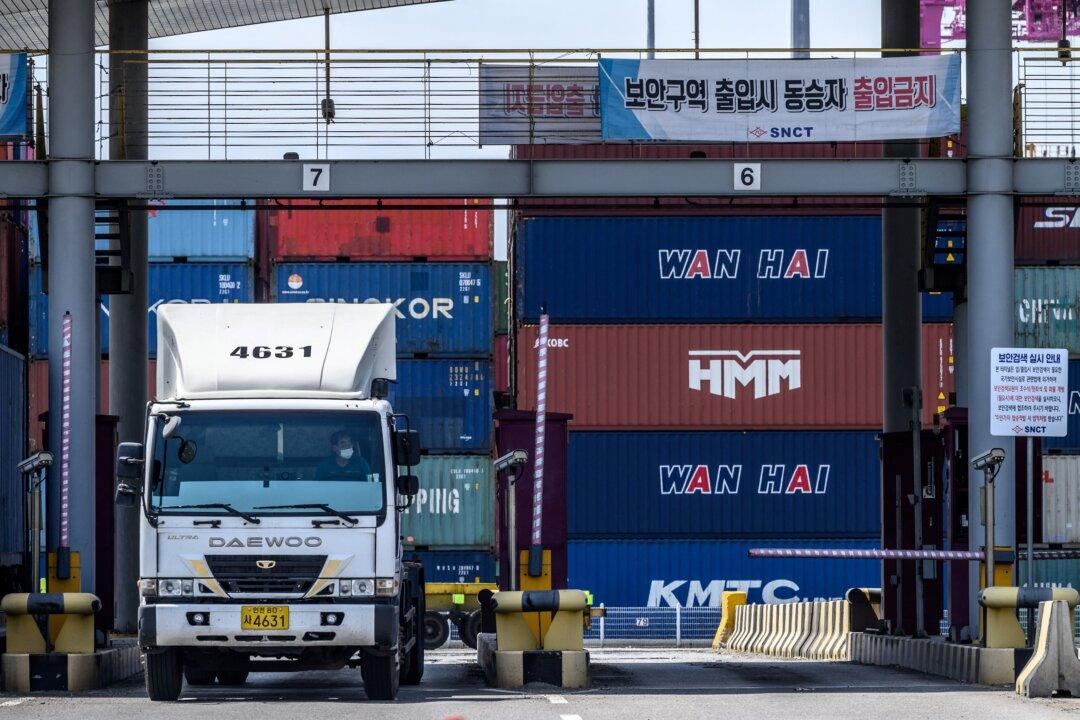South Korea, reliant on China for its import supply chain, faces renewed concerns as China unexpectedly halted the customs clearance for exporting vehicle-use urea. This move has sparked panic buying in South Korea and raises questions about the role of political dynamics in this decision.
On Nov. 30, the Chinese Customs Administration abruptly suspended the export of vehicle-use urea solutions to major South Korean companies. This decision affected urea solutions that had already passed export reviews, but were halted during loading, impacting Chinese subsidiaries of South Korean firms.






